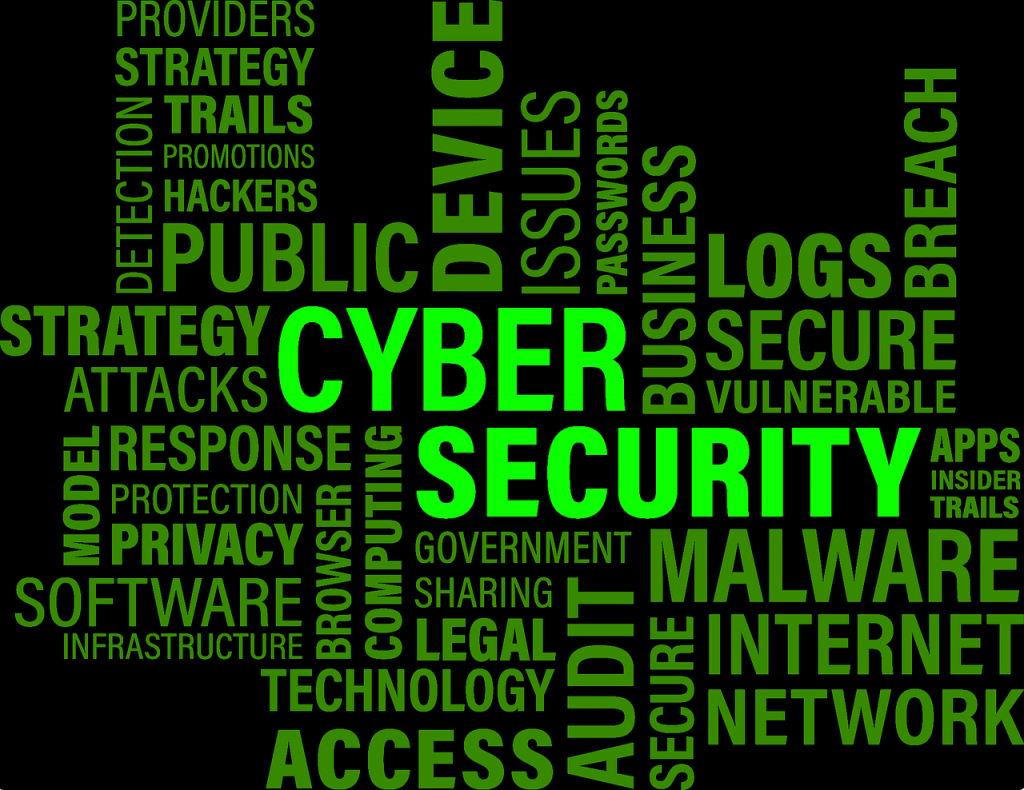Cyber Security Oversights for Small Businesses to Avoid
No small business can afford to regard cyberattacks as unlikely occurrences. Even if your enterprise has never been the victim of hacking, data theft or virus propagation, you can’t depend on raw luck to keep you safe. Unfortunately, a staggering number of small businesses are either unaware of severe cyberthreats or simply indifferent to them. Since a single attack has the power to compromise your business’s most sensitive data, you’d be wise to step up your enterprise’s cyber security efforts posthaste. In the interest of keeping cybercriminals at bay, all businesses should actively avoid the following oversights.
Failure to Utilize Security Software
Regardless of how small your business is, all work devices should be equipped with reliable security software. Yes, most operating systems feature security components, but these don’t represent a viable substitute for dedicated security programs. In addition to equipping work devices with high-quality antivirus programs and email security software, your enterprise should make use of dependable encryption software
. A solid encryption program can make your data completely indecipherable to third parties and provide you with tremendous peace of mind. Unsurprisingly, failure to properly utilize dedicated security programs can have a number of undesirable consequences – most notably virus and malware infection and information theft.
Failure to Secure Wi-Fi Networks
In failing to secure your business’s Wi-Fi network, you’re essentially rolling out the welcome mat for cybercriminals. Not only does an unsecured network invite cybercrime, it practically guarantees that third parties with no relation to your enterprise will piggyback off your connection, potentially making things slower for everyone else. For starters, make a point of password-protecting your private network and being very selective about the people with whom you share it. You can also keep unwelcome visitors on their toes by changing this password on a regular basis. You’ll also need to routinely change your network’s administration menu credentials and give the network an inconspicuous name that’s unlikely to catch the attention of third parties. Lastly, encourage your staff to avoid using public Wi-Fi networks with work devices.
Failure to Password-Protect Work Devices
Every device you and your employees use for work purposes should have password protection enabled. This helps prevent hackers from finding their way into these devices and ensures that if the devices are ever stolen, the thieves won’t have ready access to the data they contain. On the flipside, failing to password-protect work devices can facilitate undesirable consequences in the event that a device is ever lost or stolen.
For maximum security, require every member of your workforce to utilize password protection on their respective devices. Furthermore, prohibit them from sharing their passwords with third parties
. In the event that a password is accidentally shared with someone outside of your business, it should be changed posthaste.
Failure to Educate Employees
An enterprise is only as resilient as its least knowledgeable team member. Even if the majority of your workforce is on the same page with regard to cyber security, a few less-than-cautious employees can render everyone else’s efforts meaningless. More often than not, this is the result of people being ignorant about security risks instead of employees flagrantly ignoring established security rules.
You can help bring your whole team up to speed by actively educating them on the risks of improper cyber security practices and the benefits of taking security seriously. While the more tech-savvy members of your crew may regard these lessons as unnecessary, those who know very little about cyber security are liable to benefit from them immensely. If certain team members still fail to appreciate the importance of good security and routinely break the rules, consider issuing stern reprimands. No one needs to lose their job over this, but your staff should understand that following established cyber security protocols is nonnegotiable.
Every business, large or small, should consistently be on the lookout for cyberattacks. Even if your business has been lucky enough to never enter the sights of dedicated cybercriminals, luck is an ineffective alternative to active security measures. Fortunately, maintaining good cyber security and keeping your most sensitive data out of harm’s way doesn’t have to be a costly, challenging or time-consuming endeavor. Businesses looking for actionable ways to keep cyberattacks at bay would do well to avoid the previously discussed blunders.


